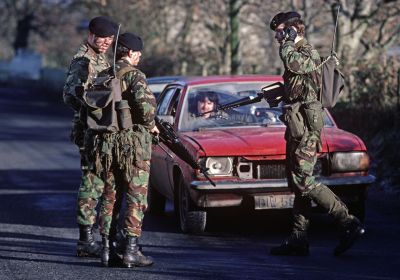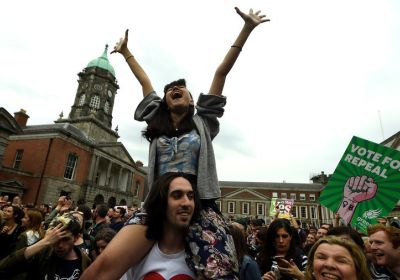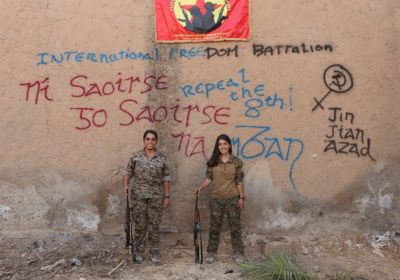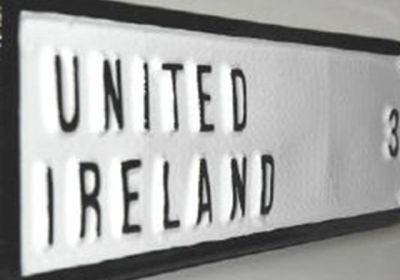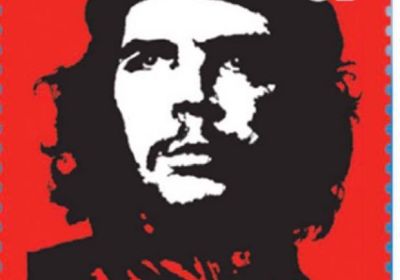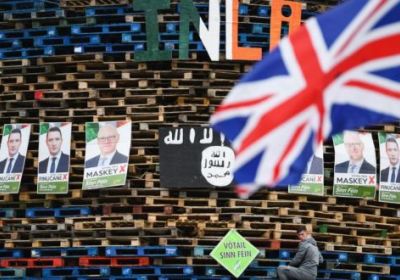-
-
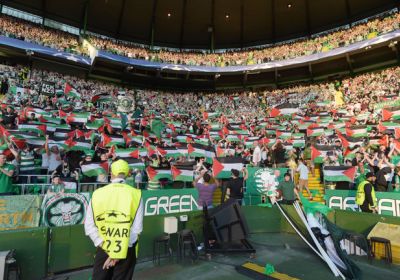
As the 2018 World Cup frenzy starts to take over the news cycle, it is crucial to highlight examples of how the sport has brought people together. Michael Blosser writes that one example is the case of Celtic FC and Palestine, with the Glasgow-based club showing consistent solidarity with the Palestinian struggle.
-
As the results of the Irish abortion referendum were announced on May 26, registering a big win for repealing a constitutional ban on abortion, scenes of celebration were shared around the world, writes Kamala Emanuel.
-
-
-
-
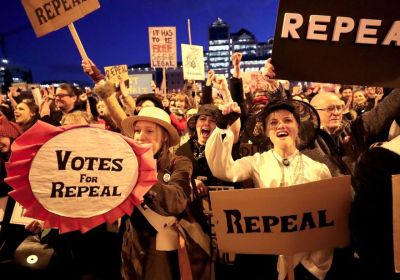
Campaigning for a woman right’s to choose in Ireland has stepped up since the announcement of the date and wording of a referendum on changing the constitution to allow abortion.
The referendum, to be held on May 25, will ask voters whether to repeal the section of the Irish constitution that bans abortion. If passed, it would allow parliament to make laws to regulate the procedure.
-
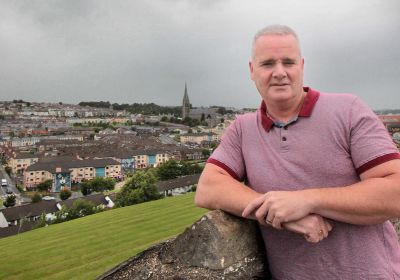
Derry community activist Tony Taylor has been held in jail for more than two years without charge or trial on the orders of a British official, write the Free Tony Taylor Campaign Team.
-
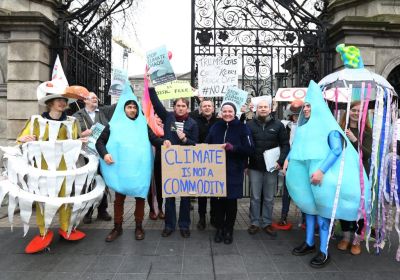
Ireland’s Dail Eireann (its lower house of parliament) voted by a large majority on February 8 in favour of a bill to ban the government issuing new contracts for oil and gas exploration.
-
-
-
Ireland
Ireland
